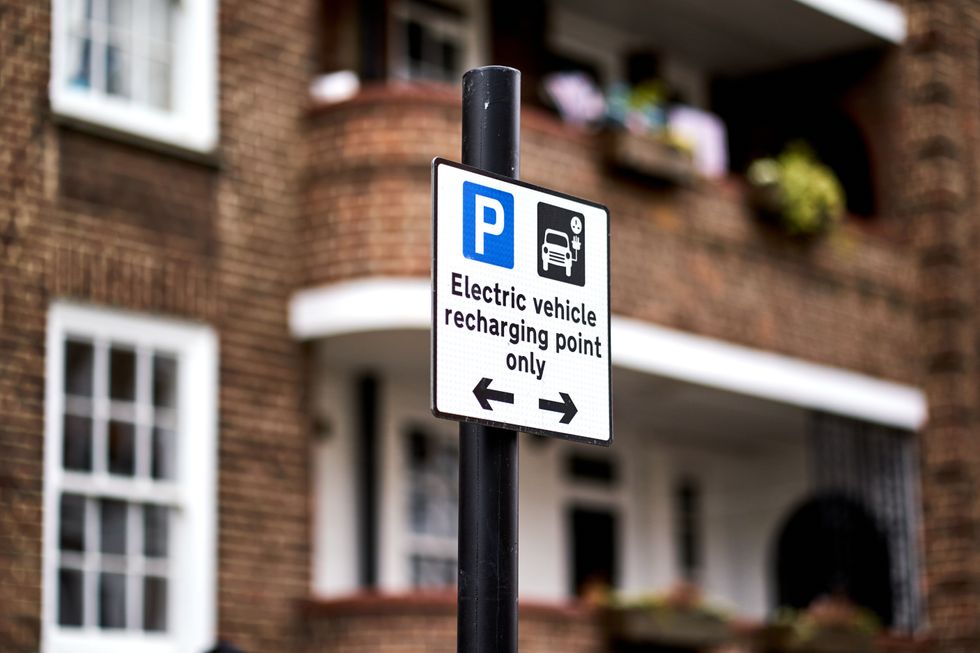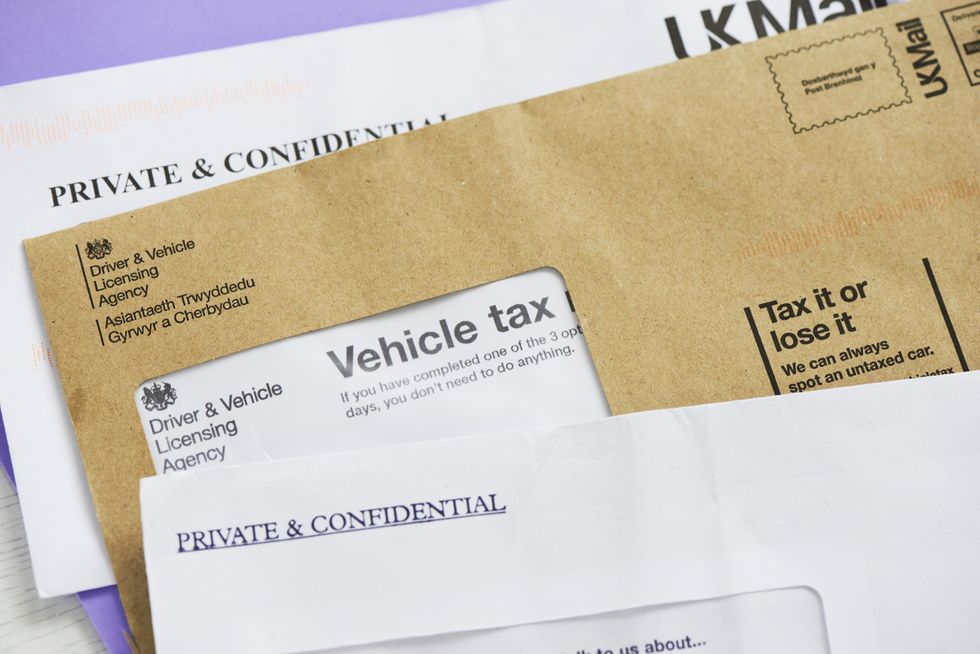Company car tax changes aim to favour EV uptake
PA/DVLA
Vehicle Excise Duty changes will take effect next April
Don't Miss
Most Read
Latest
Major changes to company car tax announced in the Budget by Chancellor Rachel Reeves could cause more vehicles to be disappear from the roads with plug-in hybrids and double cab pick-ups particularly affected.
The Association of Fleet Professionals has warned that many businesses will need to completely redraw their vehicle choice lists after the Budget introduced new charges for cars.
WE WILL HOLD THIS GOVERNMENT TO ACCOUNT FOR YOU: JOIN US TODAY AND BECOME A GBN MEMBER
The changes signal a clear Labour Government push to move company car drivers into zero-emission vehicles to help meet its 2050 net zero goals.
"The Budget can be viewed as something of a tidying-up operation by the government when it comes to company cars," Paul Hollick, chair at the AFP warned.
Do you have a story you'd like to share? Get in touch by emailingmotoring@gbnews.uk
 Electric vehicles attract the lowest rates of BiK tax PA
Electric vehicles attract the lowest rates of BiK tax PAMany fleet operators are now facing significant tax increases unless they take immediate action to revise their vehicle policies.The reforms particularly target vehicles that fall outside the Government's preferred pure electric model for company cars.
PHEVs face particularly steep tax increases, with rates jumping from the current five per cent to 18 per cent by 2028-29.
"Drivers who have recently taken on a PHEV on a four-year cycle will see their tax rise massively in its last year," Hollick stated. Many drivers are expected to approach their employers about early vehicle changes to avoid the tax hike.
The changes align with new first-year tax rates announced for April 2025, where PHEVs emitting between 1-50 g/km of CO2 will see costs rise to £110, up from zero.
Vehicles emitting between 51-75g/km of CO2 will face an increase from £30 (or £20 for hybrids) to £135. These measures form part of the Government's strategy to incentivise the uptake of fully electric vehicles over hybrid alternatives.
Double cab pick-ups will be reclassified as cars from April 2024, marking a significant shift in fleet taxation. The change includes grandfather rights for existing users until the 2029-30 tax year at the latest.
"The situation for double cabs is perhaps less acute because of the grandfather rights situation but anyone still in a double cab after April 2029 is going to see an exponential increase in their tax," explained Hollick.
But the AFP suggested these vehicles could virtually disappear from company car fleets. Some clarification may still be needed for vehicles used strictly for work purposes and taken home at night.
The new VED system introduced in April 2017 established three tax bands - zero, standard and premium - with only zero-emission vehicles qualifying for free road tax. From 2025, even electric vehicles will face new charges, including the standard rate of VED and the £40,000 premium car tax fee.
The chair noted: "The government could not be making it clearer across a range of policy that fleets should be looking entirely at zero emissions electric cars.”
The changes include strengthening EV favourability under Vehicle Excise Duty and extending 100 per cent first year allowances.
However, the AFP has welcomed the Government's provision of benefit in kind tax tables through to the end of the decade.This long-term visibility allows fleet operators to plan their vehicle strategies with greater certainty.
LATEST DEVELOPMENTS:
 Electric cars to start paying VED next yearGETTY
Electric cars to start paying VED next yearGETTYWhile the AFP accepts the rise in benefit in kind on electric cars to nine per cent by 2029/30, they view the Government's approach as structured and responsible.
"This is something that we have been requesting for some time because it means that fleets can plan for the future with certainty," Hollick stated.













